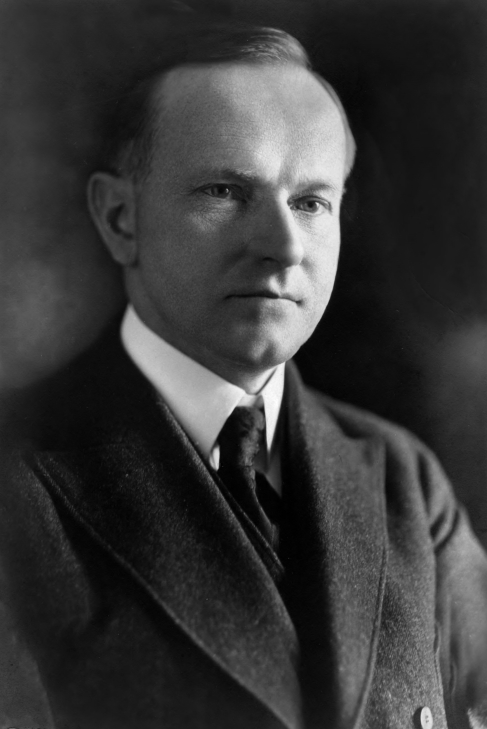For Coolidge, when the Constitution said “no” it not only meant what it said, it said so for a good reason. It said “no” in order to preserve good liberties. Much maligned these days is the importance of saying “no,” when it is much easier to say “yes.” While facing the consequences of saying “no” is undeniably unpleasant to the officeholder in the present, it yields good fruit down the road to those who remain unmoved by the intense pressures to relent on behalf of this or that interest.
Much in vogue in recent decades is the academic ridicule of saying “no” when it comes to constitutional governance. It simply is not fashionable to preserve, protect and defend a charter believed to be obsolete and pre-modern. By dubbing them as “negative liberties,” the freedoms articulated by the Bill of Rights (our first ten amendments to the Constitution), it is hoped that a stigma will attach to them without having to explain in what way they somehow lack soundness or credibility.
It is fascinating to consider that a man so widely proclaimed by far too many historians to be an embodiment of presidential shortsightedness was far more prescient and, especially, honest than they. Calvin Coolidge, long before Justice Brennan pined for a “living” Constitution, struck at the heart of this argument. It was not that the Constitution was so old or its provisions so inept at relating to modern Americans, the essence of the complaint went deeper than that. Seeing the essential nature of the matter, Coolidge explained what was really bothering the proponents about a constitution that said “no” rather than “yes.” He first described the grievance, “We often hear people say that our Constitution is antiquated, that it might have been suited to the conditions existing when it was adopted, but we have had so many changes in our mode of life since then that it is not now applicable to our needs.” Some today even go so far as to claim the Constitution “reflects deep flaws in American culture,” remedied not by better application of its principles or through the process of amendments (outlined within the document itself) but by transforming society through unilateral government power.
When specifics are sought, however, the complaint unravels. It unravels because the loudest proponents of replacing the Constitution do not understand the timelessness of human nature. The same reality we face today confronted the Framers two hundred years ago. They grappled with the same issues of individual responsibility versus government power. The Constitution, addresses all of human nature’s weaknesses and strengths to form a framework of principles on which to build now and into the future. Steeped in direct experience with unchecked power, those men and women of two centuries ago preserved a balance of sovereignty decisively with the people not government. Explaining how this framework is “deeply flawed” confuses the imperfections of human nature with the best means ever attained of restraining that human tendency to abuse power and destroy the liberty of others.
For Coolidge, like those men and women of colonial America, “negative” liberties were not a bad thing. They were not to be mocked, maligned or feared. They were safeguards against depriving liberties so precious to all. They kept government in check, limited to specific tasks delegated to it by the states and individuals. Coolidge knew the “beef” with the Constitution went deeper than its supposed flaws. As he would say, “When such people are pressed for particulars, it often develops that they do not want to be limited to raising taxes for public purposes, they despise due process of law, they desire to apply confiscation to other people, impair the obligation of contracts and take property for public use without just compensation.”
The root of the problem, then, was not in the Constitution but in a government hungering to live outside its limits and lawful confines. It is a decidedly positive thing that liberties are denied under such circumstances by our Constitution. When liberties are regarded not as constructive freedoms but as stifling obstructions, it is well that a constitution be zealously supported to say “no.” Granting a power unrestrained by any “no,” to what is, by nature, a hungry Leviathan (as Hobbes coined absolute government) imperils the very real and practical liberties we exercise every day. By performing our liberties dutifully the freedom which government assumes to act for us is correspondingly negated. Coolidge reminds us that such a circumstance is not a negative at all. It restrains those who need restraint and frees those best equipped to exercise liberty. Each of us is infinitely better off as a result.

This info is worth everyone’s attention.
How can I find out more?
Check out the full article Coolidge wrote in The Saturday Evening Post, October 3, 1931, “Party Loyalty and the Presidency.”